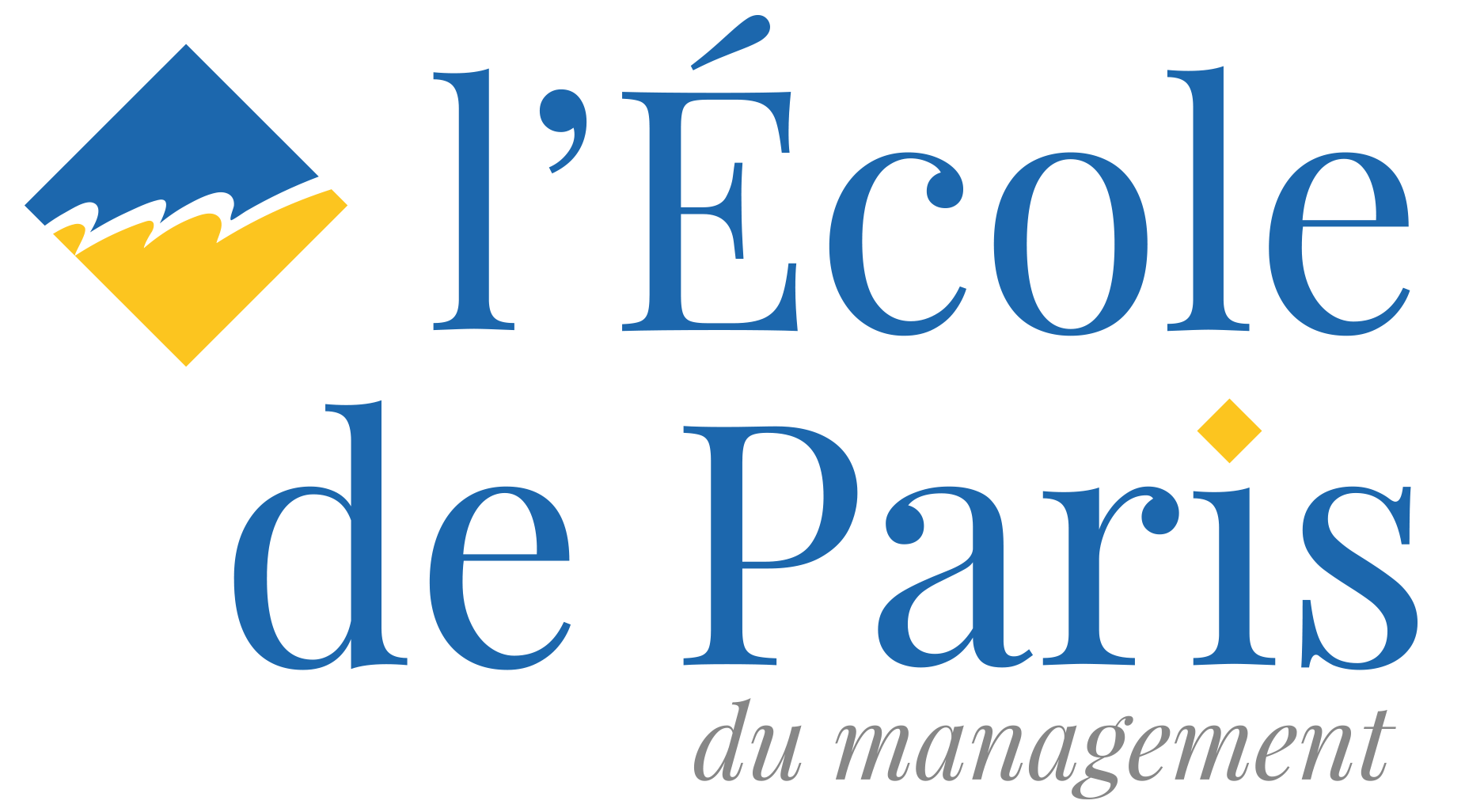Solidarity : the story of the Réseau Cocagne network
Seminar Social life | Thursday November 20, 2008 - 9h - 11h30
In the region of Franche-Comté in eastern France in the 1970s, industry threw thousands of workers on the scrapheap. Social workers felt powerless to help these people who had been excluded, and yet were keen to work. An idea was developed to create companies to provide them with work. Jean-Guy Henckel, a youth worker in a shelter, set up a carpentry workshop for social integration with a few colleagues and so became a 'social entrepreneur'. In 1991, because of the continued increase in the number of unemployed, he created the first Jardin de Cocagne. It followed a concept which combined the principle of a distribution circuit with a few intermediaries which, in this case, were people who were also members of the association ; social integration by means of employment ; and finally the strict rules of organic farming. Today, its successor, the Réseau Cocagne has more than 100 gardens which exist to provide jobs and integrate people into society. It includes 3,000 gardeners, 500 executives, 1,200 volunteers and 12,000 members who are also customers. It has remained loyal to its founding principles.
The entire article was written by:
Élisabeth BOURGUINAT



No comments yet